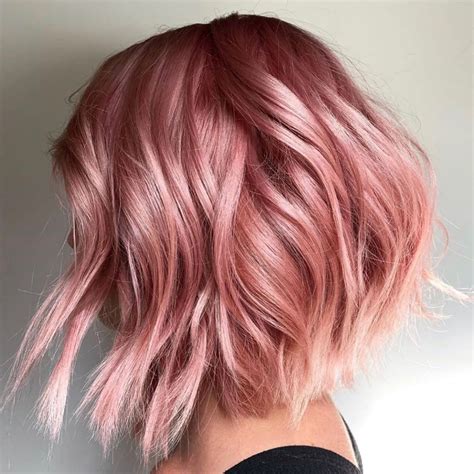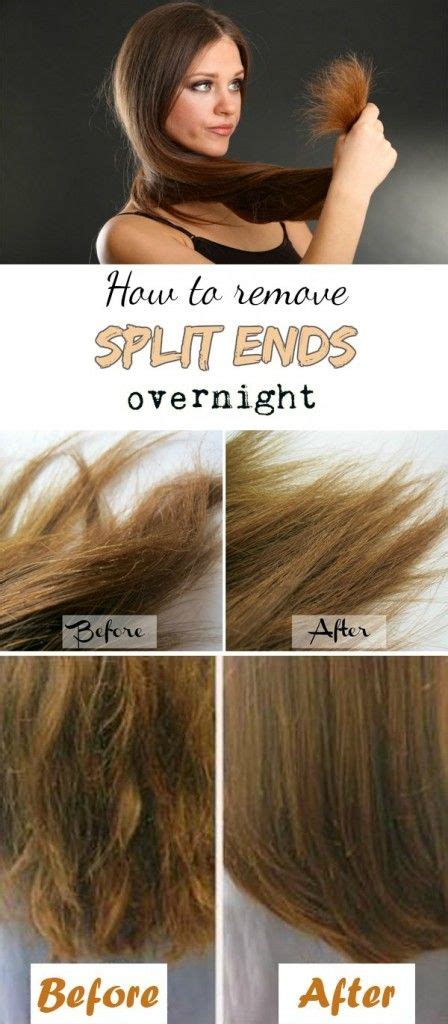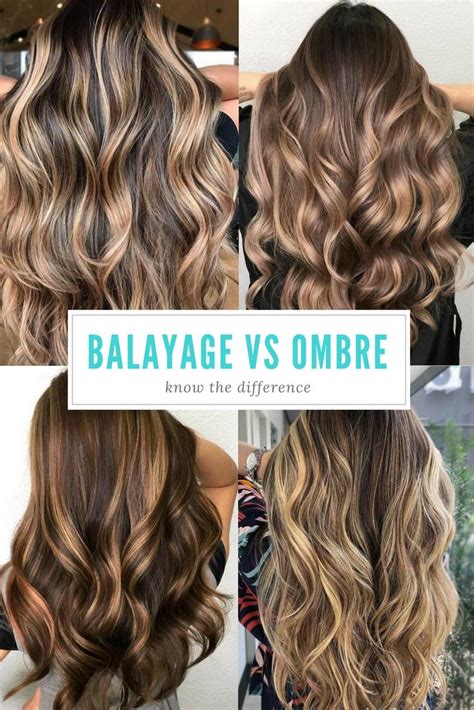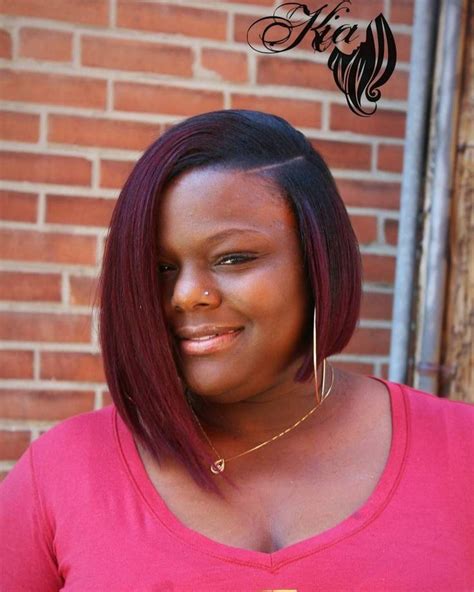Learn about understanding COVID hair loss, its causes, impact of stress on hair health, preventing hair loss post-COVID, and seeking professional help.
Understanding COVID Hair Loss
Contents
COVID-19 has not only affected the physical health of people around the world but has also impacted their mental and emotional well-being. One of the lesser-known impacts of COVID-19 is hair loss. Many individuals who have recovered from the virus have reported experiencing hair loss as a lingering effect. It is important to understand the potential causes and factors that contribute to COVID-related hair loss in order to address and manage this issue.
One of the primary causes of COVID-related hair loss is the stress and trauma that the body undergoes while fighting the virus. Stress directly affects the hair growth cycle and can lead to increased shedding and thinning of the hair. Additionally, the physical toll that the virus takes on the body can disrupt the normal cycle of hair growth and lead to temporary hair loss. It is important to recognize that this type of hair loss is often temporary and can be managed with the right treatment and care.
In addition to the physical toll of COVID-19, the psychological impact of the pandemic has also contributed to hair loss in many individuals. The anxiety, worry, and uncertainty surrounding the virus have led to increased levels of stress, which can in turn affect hair health. It is crucial for individuals experiencing hair loss post-COVID to seek professional help and support to address the underlying causes and effectively manage the condition.
It is essential for individuals to be aware of the potential impact of COVID-19 on their hair health and to take proactive measures to prevent and address hair loss. Seeking professional help, practicing stress-reducing activities, and maintaining a healthy lifestyle can all contribute to hair health and overall well-being.
Causes of COVID-Related Hair Loss
Causes of COVID-Related Hair Loss
Causes of COVID-Related Hair Loss
COVID-19 has brought about a myriad of health issues, one of which is hair loss. This can be a distressing and unexpected side effect of the virus, leaving many people wondering what exactly causes this hair loss and how they can prevent it.
One of the primary causes of COVID-related hair loss is the physical and emotional stress that comes with the illness. The body’s response to stress can disrupt the hair growth cycle, leading to hair loss. This stress can be due to the illness itself, as well as the mental and emotional strain of dealing with the effects of the virus.
Another key factor in COVID-related hair loss is the impact of the virus on the body’s immune system. COVID-19 can trigger an inflammatory response in the body, which can affect the hair follicles and lead to hair loss. Additionally, the medications and treatments used to combat the virus can also contribute to hair thinning and shedding.
In some cases, the hair loss associated with COVID-19 may also be related to nutritional deficiencies. When the body is fighting off the virus, essential nutrients may be redirected to support the immune system, leading to deficiencies that can impact hair health.
It is also important to note that the psychological impact of COVID-19, including anxiety and depression, can play a significant role in hair loss. The emotional toll of the virus can lead to changes in hair growth patterns and overall hair health.
Impact of Stress on Hair Health
Stress plays a significant role in the health of your hair. When you are stressed, your body releases hormones that can disrupt the normal hair growth cycle. This disruption can lead to hair thinning or even hair loss. Chronic stress can have a prolonged impact on the health of your hair, so it is important to manage stress levels effectively.
One of the ways in which stress impacts hair health is by triggering a condition called telogen effluvium. This is when a large number of hair follicles are pushed into a resting phase, which eventually leads to hair shedding. It is essential to understand the connection between stress and hair health in order to address any potential issues.
Furthermore, stress can also contribute to a variety of scalp conditions such as dandruff, oily scalp, and even alopecia areata. These conditions can negatively impact the overall health and appearance of your hair. Therefore, it is crucial to find methods to reduce stress and manage it effectively in order to maintain healthy hair.
In addition to managing stress, it is also important to adopt a healthy lifestyle and a balanced diet to support the health of your hair. Regular exercise, proper hydration, and a nutrient-rich diet can all play a role in mitigating the adverse effects of stress on your hair.
Preventing Hair Loss Post-COVID
Preventing Hair Loss Post-COVID
Post-COVID hair loss is a real concern for many individuals who have recovered from the virus. The stress and trauma of battling COVID-19 can lead to significant hair shedding, thinning, and even bald patches. It is essential to take proactive steps to prevent and manage hair loss in the aftermath of the illness.
One of the essential strategies for preventing hair loss post-COVID is to focus on nourishing the scalp and hair follicles. This can be achieved through a balanced diet rich in vitamins and minerals that promote hair health. Foods high in biotin, iron, and protein can help strengthen hair strands and stimulate growth.
In addition to a nutrient-rich diet, it is also crucial to establish a consistent hair care routine. Using gentle and sulfate-free shampoos and conditioners can help maintain hair’s natural oils and prevent further damage. Regular scalp massages and low-heat styling practices can also promote circulation and minimize stress on the hair.
Seeking professional advice from a dermatologist or trichologist can provide personalized recommendations and treatment options for preventing and managing post-COVID hair loss. Prescription medications, topical solutions, and hair growth therapies may be necessary for individuals experiencing significant hair shedding or scalp issues.
| Preventive measures for post-COVID hair loss: |
|---|
| 1. Nutrient-rich diet |
| 2. Gentle hair care routine |
| 3. Scalp massages and low-heat styling |
| 4. Professional advice and treatment |
By implementing a comprehensive approach to hair care and seeking the guidance of experts, individuals can reduce the impact of post-COVID hair loss and support healthy hair growth and recovery.
Seeking Professional Help for Hair Loss
Dealing with hair loss can be a distressing experience, and seeking professional help is often the best way to address the issue. There are various professionals who can help with hair loss concerns, including dermatologists, trichologists, and hair transplant surgeons. Each of these professionals specializes in different aspects of hair health, and consulting with them can provide valuable insights and guidance for managing hair loss.
When considering professional help for hair loss, it’s important to first consult with a dermatologist. Dermatologists are experts in diagnosing and treating skin, hair, and nail disorders, and they can help identify the underlying causes of hair loss and recommend appropriate treatment options. They can also provide guidance on lifestyle and hair care practices that can help promote hair growth and overall hair health.
Another professional to consider when addressing hair loss is a trichologist. Trichologists are specialists who focus specifically on hair and scalp health, and they can offer personalized treatment plans for hair loss based on individual needs and concerns. Working with a trichologist can provide targeted solutions for managing and improving hair health.
In some cases, when hair loss is more advanced or requires specialized treatment, consulting with a hair transplant surgeon may be necessary. These professionals are skilled in performing hair restoration procedures, such as hair transplants and scalp micropigmentation, to help individuals address significant hair loss and achieve natural-looking results.












